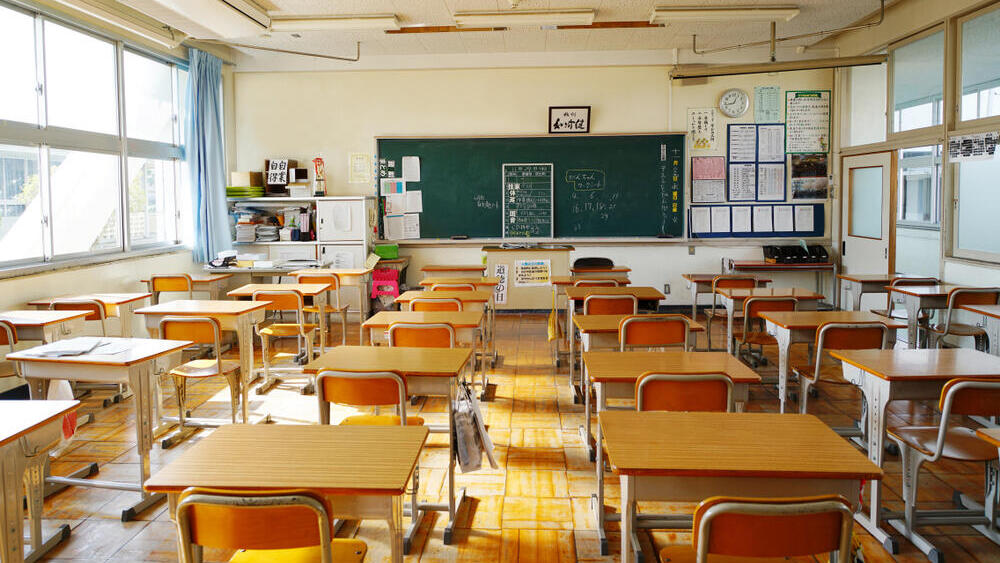The Ministry of Education published Tuesday morning the results of the Pirls International Study (PIRLS) for 2022, which compared the reading abilities of fourth graders in Israel before the coronavirus, in 2016, and after in 2022, compared to 42 countries in the world. An alarming conclusion emerges from the data: a sharp drop in the achievements of fourth grade students in their mother tongue.
Read More:
The study found a significant decrease in the achievements of Israeli students in their mother tongue compared to the previous cohort in 2016. Student achievements in Israel are slightly above the average of the countries that participated in the study, but relatively speaking the achievements are similar to their level in 2001. It emerged from the data that the average achievement in the language skills of the fourth grade students in Israel in 2022 decreased by 20 points, similar to those in 2001.
2 View gallery


International study finds significant decrease in achievements of Israeli students in their mother tongue compared to the previous cohort i
(Photo: Shutterstock)
The achievements of Arabic-speaking students who participated in the study remained low, with no real change from their achievements in 2016. On the other hand, among Hebrew-speaking students, a significant decrease of 28 points was found compared to 2016.
Although the gap between the average achievement scores of Hebrew-speaking students and Arabic-speaking students narrowed, this is due to a decrease in the achievements of Hebrew-speaking students and not to an improvement in the achievements of Arabic-speaking students.
With the publication of the results of the study, professionals in the Ministry of Education are examining the data in depth and, according to the ministry, are currently formulating a plan to strengthen language studies in ways appropriate to different age groups. The program will be presented soon and will beginning in the coming academic year.
"The data show the crisis which the education system is in. Our mission is to get the system back on track, with an emphasis on the outstanding students, and to help the age groups that were particularly affected by the coronavirus. We have a great challenge, and a great responsibility," Education Minister Yoav Kish said.
The PIRLS study has been conducted every five years since 2001, by the International Association for the Evaluation of Educational Achievement (IEA), and it tests the reading literacy of fourth grade students in countries around the world. In Israel, about 5,000 students from some 200 schools were tested, which constitutes a representative national sample. The purpose of the study is to check the level of reading and reading comprehension of the students. Within the framework of the study two main types of texts were included -narrative and informational, in Hebrew or Arabic, depending on the language of instruction at the school.
2 View gallery


Education Minister Yoav Kish makes a statement to the media on preschool education
(Photo: Alex Gambourg)
The PIRLS 2021 study is the first large-scale study that makes it possible to assess the change in student achievement during a period that also includes the years of the coronavirus. It enables a comparison between the current achievements and those in 2016, while examining the changes in Israel in relation to 42 other countries.
The research makes it possible to classify the students in each country by their level of performance, according to the way the students answered the various questions. In Israel, in the current cycle, fewer students demonstrated high reading skills (a decrease of 11%) and more students demonstrated low reading skills (an increase of 8%).
The students who participated in the research in Israel entered first grade in September 2018. At the time of the first lockdown announced at the start of the coronavirus pandemic in March 2020 they were in second grade. In the second lockdown in September 2020 and the third lockdown in January 2021 they were in third grade. At the time of the research, May 2022, they were in the fourth grade. In fact, dealing with the coronavirus epidemic using closures and distance learning was undertaken at a time when the students were supposed to acquire the basic skills of reading and writing.


